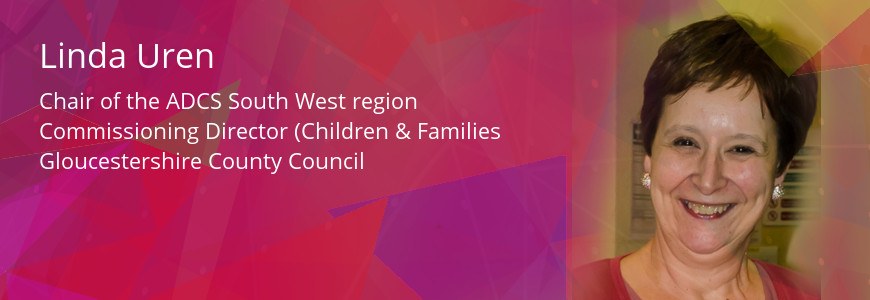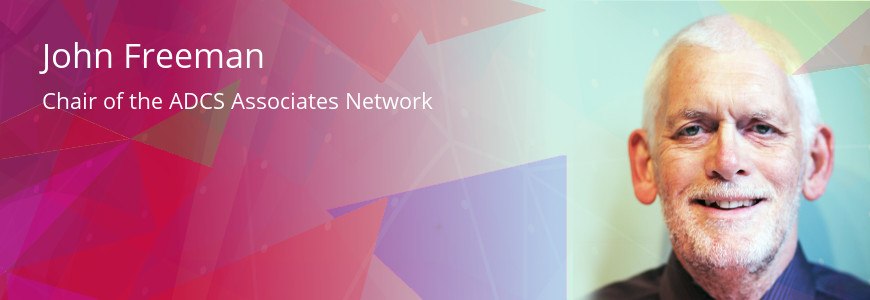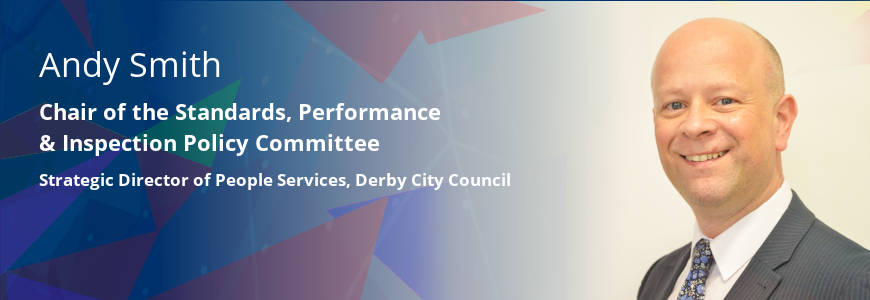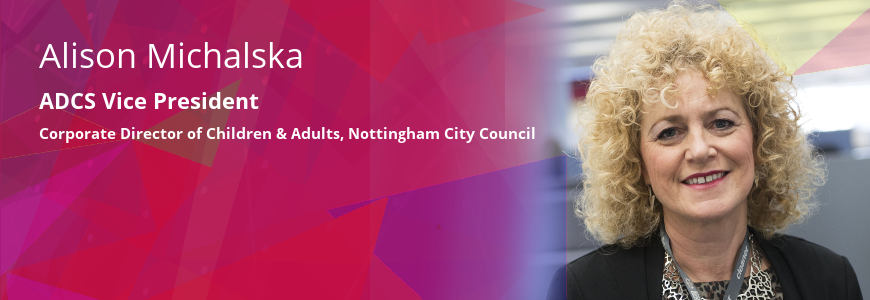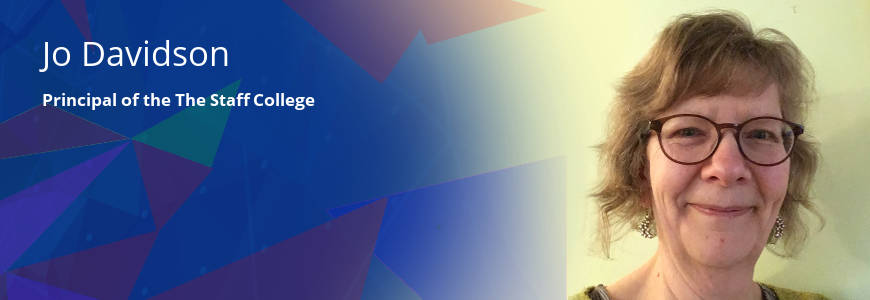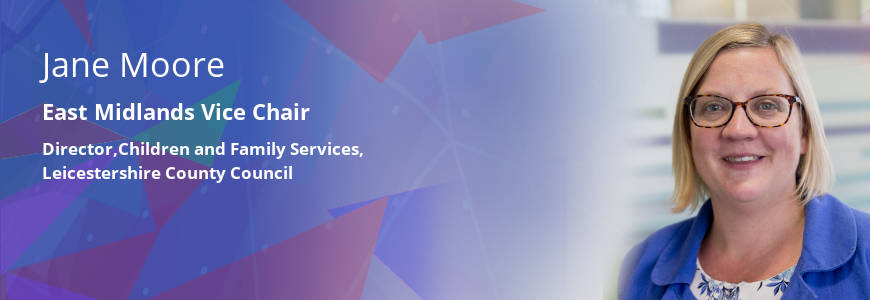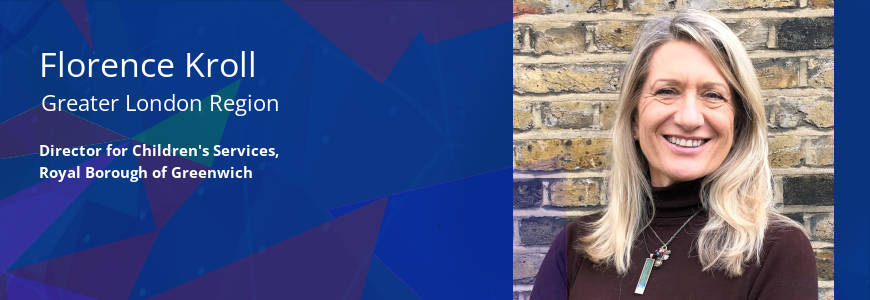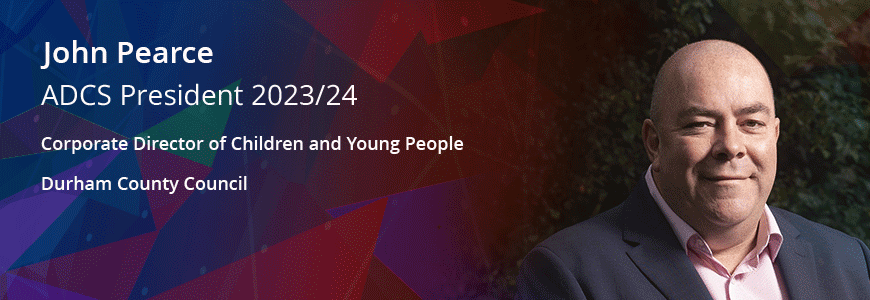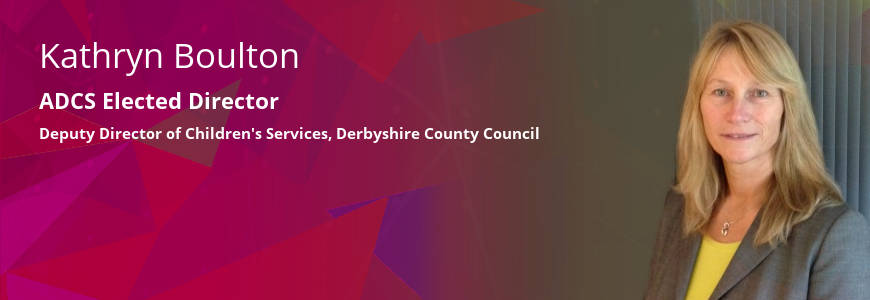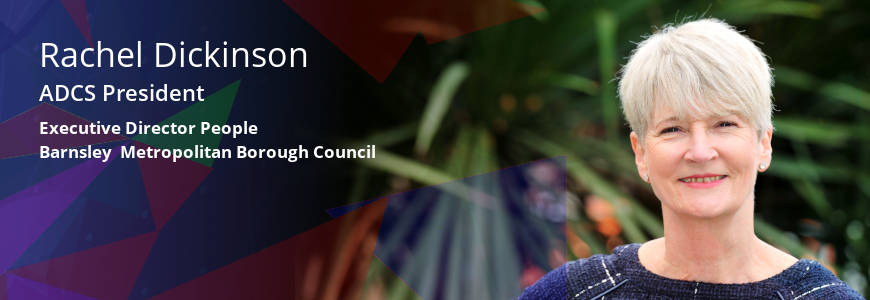Other people’s children
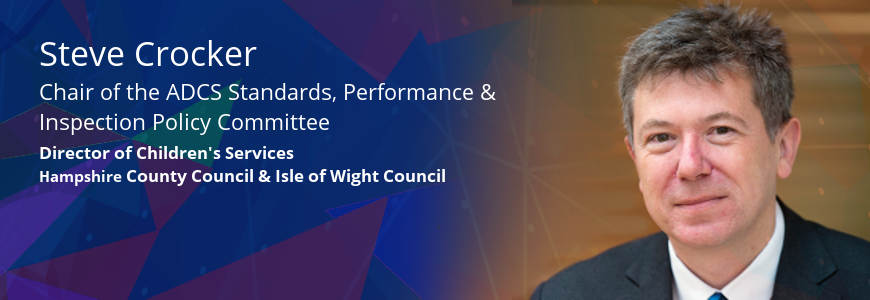
It looks like it’s going to be a busy period for the ADCS Standards, Performance & Inspection (SPI) Policy Committee. Just before Christmas, Ofsted announced their new themes for Joint Targeted Area Inspections (JTAI). These themes, in case you missed them, are going to be early help and prevention, children’s mental health and contextual safeguarding. On January 16th Ofsted also launched a consultation on the new draft inspection framework for schools.
When considering the upcoming JTAIs, you might think that I’d be pretty jaundiced about such inspections given my role as Chair of the SPI committee and being the DCS for two local authorities giving me double doses of inspection joy. In reality I actually welcome these new inspections and I will tell you why.
Firstly, and most importantly, these inspections focus on the whole system for children (remember that language? No-one has yet revoked the Children Act 2004) although I might take issue with the ‘whole’ bit. By focusing on how organisations work together to protect children, inspectors can get much closer, in my view, to the lived experiences of children in an area. The JTAI thematic reports that Ofsted have produced thus far have been compelling in national policy terms. Ofsted’s focus on the ‘gaps in between’ services is really important and, crucially, as system leaders it gives us leverage with our partners in the police, health services and other agencies to ensure that we close those gaps. Too often, vulnerable children are still ‘other people’s children’ until the point at which they reach the threshold for children’s social care services when they are well and truly ours.
I really want to hear what the inspectorates say about the totality of early help services and mental health provision. Around the country, early help services are being pared back as funding grows ever tighter. A national perspective from the inspectorates on what we are losing might well be helpful. Equally, children’s mental health services have not benefited from the fragmentation and apparent isolation of such services. I hope that the inspectorates will look closely at the interplay between children with mental health difficulties and the rising number of children in care. In my experience, children’s social care services too often have to pick up the pieces when children have ‘no diagnosable mental health’ problems so they end up becoming ‘other people’s children’ again.
So it is exactly right that inspectorates should be looking at the gaps in between services, which brings me on to the new schools inspection framework. Schools are hugely influential to children’s lives and arguably even more influential to the lives of vulnerable children. Yet when I hear of schools being graded as ‘outstanding’ when they have off-rolled 19 pupils (18 of whom were on free school meals), inviting them all to be electively home educated; or when I hear of the schools graded as ‘good’ who are giving out hundreds of fixed-term exclusions per term, I despair. These, of course, are obviously ‘other people’s children’ to worry about. They will be the children who are most vulnerable to contextual safeguarding issues, require early help and will be more likely to experience poor emotional wellbeing.
Amanda Spielman, Her Majesty’s Chief Inspector, assured us during a recent speech that such actions will be taken into account in future inspections and poor behaviour in this regard could lead to schools being downgraded. I welcome this focus on inclusion, exclusions and off-rolling but I worry that the gaps in home education legislation means that Ofsted’s plans do not yet fully close that loophole in terms of families being ‘encouraged’ to home educate as a means of avoiding a permanent exclusion. That home education is a positive choice for some children and families is not in dispute and finding evidence of coercive practices can be very tricky, however, that doesn’t mean we shouldn’t explore ways together to ensure that schools who do so are held to account for their actions. I wonder if a conversation with the local authority to triangulate what inspectors are being told would be useful if concerns about the numbers of pupils out of school or leaving the school roll in-year arise? I also wonder whether there is more that the new framework could do to enshrine the principle that schools are a part of the whole system for children in terms of their role in early help, for example? As a sector, we really need to get behind this joined up approach to inspection and I encourage all of our members to contribute, through your regional representatives, to the Association’s written response to this consultation, it’s vital that we are able to reflect the sector’s views.
Related Blog Articles
I have been wondering about whether the ADCS blog could become like one of those...
In General
Dave Hill, ADCS Immediate Past President, talks persuasively about changing the...
In Education
I read an interesting and detailed report recently by the Education Policy...
In Education
It’s not often that I feel energised and inspired on a wet Monday night in...
In General
December is particularly difficult as our winter pressures really start to bite;...
In Safeguarding & Child Protection
As a proud participant in ‘cohort 2’ of the national DCS programme in 2010,...
In Leadership
Domestic abuse can happen to anyone, anywhere. Both men and women can be victims...
In Safeguarding & Child Protection
Three weeks ago today, a generation of children who have spent around a third of...
In Education
As Director of Children’s Services (DCS) for one of the 75 areas eligible for...
In Early Help & Families
As we come to the end of another academic year, I thought it was timely to focus...
In Education
Over the past 12 months I have had the privilege of leading Doncaster...
In Care
One of the privileges that come with being the ADCS President is that you get to...
In Safeguarding & Child Protection
I am passionate - as I know many people are - about relationship-based...
In General
As I write this, the political merry go round is in full swing and the former...
In General
Earlier this week I spoke at the Youth Justice Convention 2019 in Birmingham. I...

